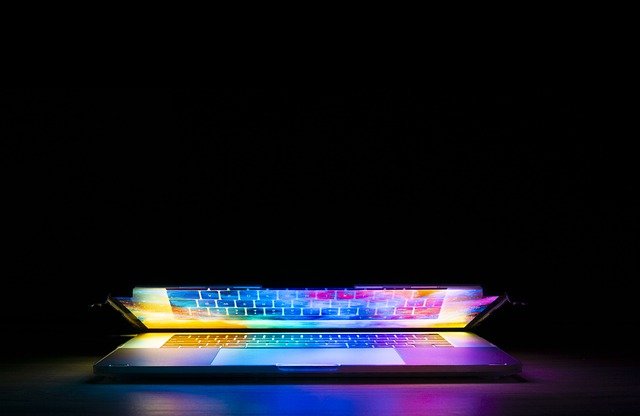In this September 8, 2021, Substack article, Erik Hoel shows us that we must not underestimate the impact of Artificial Intelligence (AI) developments rolled out by corporations in the past year.
AI has reached a level where the art and text it has created are already better than what most humans can conceive and create. For example, Hoel says this about GPT-3: “Under some reasonable metrics. it’s already a better writer than any living person for short pieces of prose or poetry…GPT-3 makes up for consistency with a prolificacy that borders on profligacy. It’s currently generating the equivalent of 80,000 books per day”. [Read GPT-3: The impressive baby steps towards AGI, From writing novels, GPT-3 has moved on to writing computer code].
The problem with these AI, however, is that they are solely controlled by corporations. Hoel says, “In a few years almost all the really successful AIs, the ones capable of doing human-level writing and creativity, will be controlled, trained, or licensed entirely by Big Tech…Quite simply they will be the only ones with the money for it, as each AI will cost millions of dollars to just train”.
Editor’s Note: This article is important because it brings home the reality that AI has come a long way. They are nearing a level where their mistakes are already indiscernible for most people. This is where the danger lies.
For one, the data bias has not yet been addressed despite the fact that this problem has been apparent since the very first generations of AI[read Are we passing on our biases to robots?]. Moreover, corporations continue to develop these faulty algorithms without any regard for their ethical and moral implications [Developers signed an agreement defining what ethical AI is, read, The 10 essential ingredients of ethical AI]. Meanwhile, most governments have failed to keep up with the times, with many countries still falling behind in regulating AI algorithms and hardware [also read The problem with regulating AI].
We used to think that AI would only be used as a tool, but Hoel is saying that with the way things are going with AI development these days, Big Tech companies might choose to use these technologies to replace human creators altogether. Moreover, Big Tech’s capacity to control AI means that this will mainly be a proprietary tool that will only be accessible for a select few. Instead of being “the great equalizer”, AI will widen the gap between the poor and the rich, the powerful and the powerless.
Read Original Article
Read Online
Click the button below if you wish to read the article on the website where it was originally published.
Read Offline
Click the button below if you wish to read the article offline.
